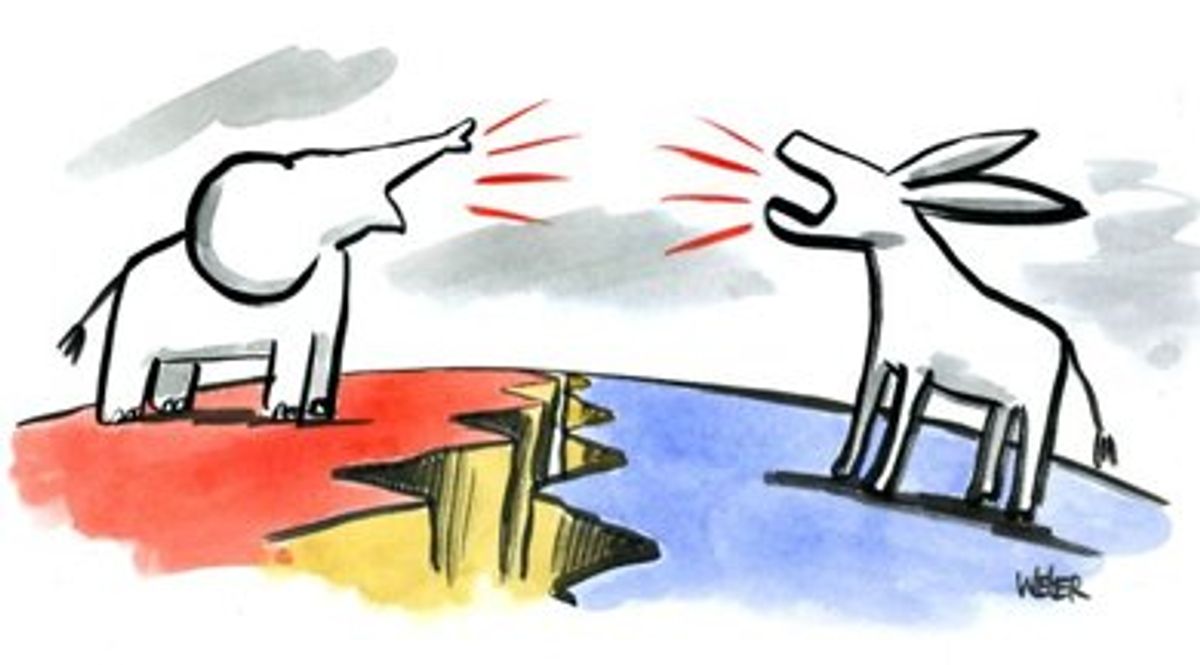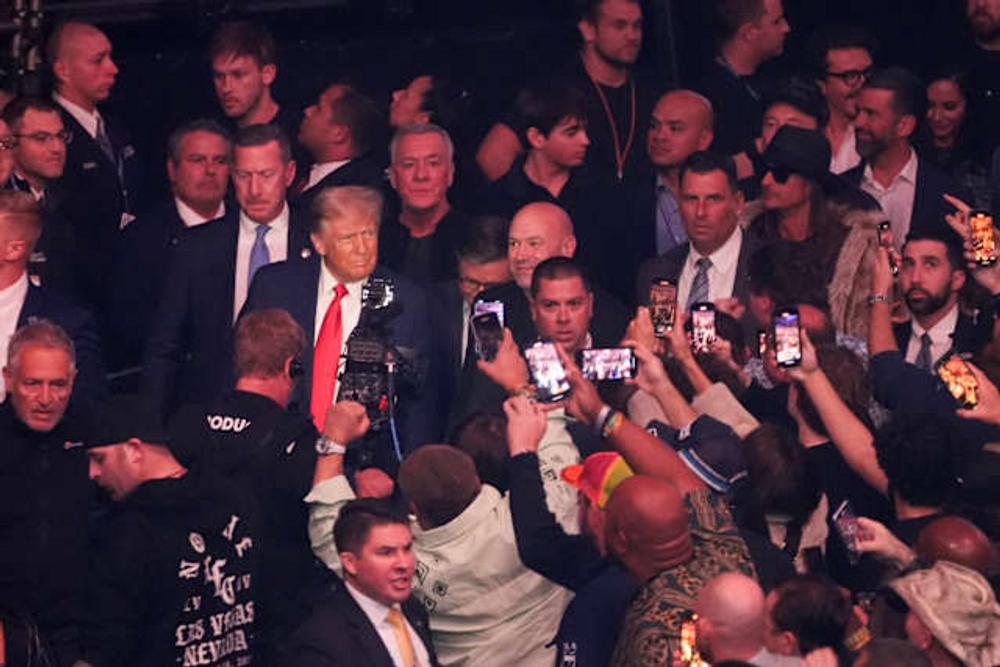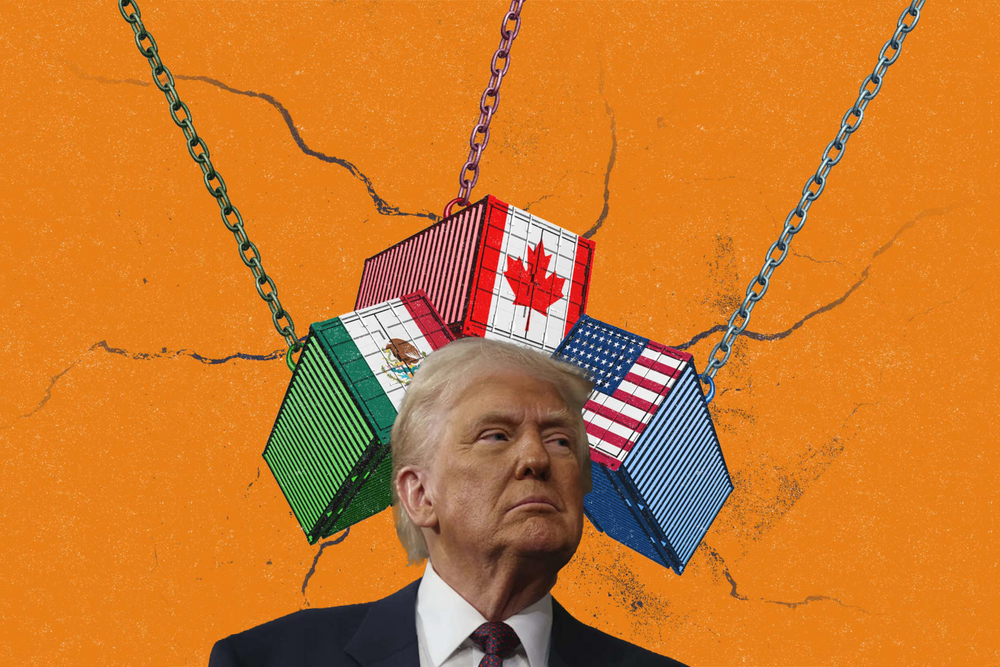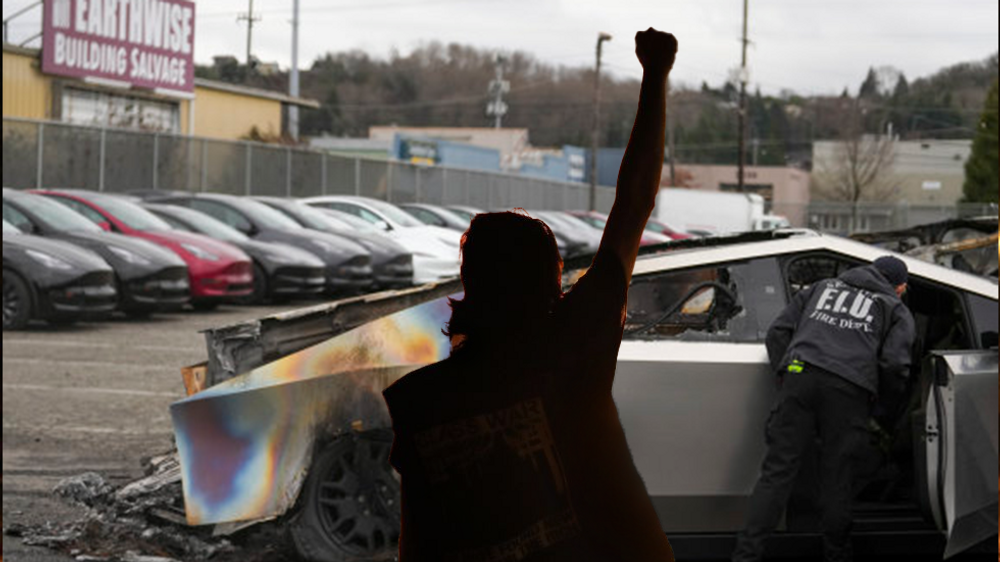
Polarized Politics Deepens Divide Over Who Is a ‘Real’ American
In the United States, the growing political divide along ethnic lines, along with President Donald Trump’s racially charged rhetoric, are renewing debate over what it means to be an American.
The growing divide and rising ethnic tensions come amid a time of rapid demographic change in the country. White European-Americans are projected to lose their majority status by 2045, to be eclipsed by the growing populations of Hispanic Americans, African Americans, and Asian Americans.
“Demographic shifts are certainly fueling animosity but it’s more about, in essence, white people feeling they’re losing control of their country,” said Andre Perry, a scholar and commentator on issues of race, structural inequality and education at both the Brookings Institution and American University in Washington.
Former President Barack Obama seemed to foreshadow a new demographic alignment in the U.S. when he won two decisive election victories in 2008 and 2012, with surging support from minority voters, in addition to winning over large numbers working class whites, traditionally affiliated with the Democratic Party.
Immigration rhetoric
Many of those same Democrats switched in 2016 to help elect Donald Trump as president, however, galvanized in key battleground states to support the head of the Republican ticket in part because he made illegal immigration a key campaign issue.
Trump, his critics say, also stoked ethnic tensions by engaging in racially charged rhetoric, referring to undocumented Mexican immigrants as criminals and calling for a “total and complete” immigration ban on all Muslims following a terrorist attack in San Bernardino, California, that was carried out by a Pakistani-born immigrant.
While in office, the president has continued to single out minority groups for criticism. Trump denounced African American football players for kneeling during the national anthem to protest police brutality and inequality in the country.
He refused to strongly condemn a neo-Nazi and white nationalist demonstration in Charlottesville, Virginia, that turned violent.
And he questioned the loyalty to the country of two Muslim American congresswomen who a support a boycott movement against U.S. ally Israel over its occupation of Palestinian territories.
Trump’s defenders dismiss charges of racism against the president. They say Trump’s political strategy is to tie the Democratic Party to what he sees as its most unpopular issues and divisive leaders, adding that Trump’s reflex is to fiercely attack all critics.
“President Trump, I think is an equal opportunity insulter. Anybody who raises his ire or criticizes him is liable to be insulted regardless of race, creed, color, or ethnic origin,” said Michael Barone, a conservative political analyst with the American Enterprise Institute in Washington.
Real American
The president’s critics worry that the promise of the American dream, where all immigrants can assimilate into a diverse cultural melting pot, is today complicated by questions of loyalty, legality and racism.
They say Trump’s tough talk, and his restrictive policies of severely reducing immigration from Muslim majority countries and accelerating deportations of undocumented Hispanic immigrants, are tainting entire ethnic groups in the U.S. as being un-American. The detractors worry that’s a way to gain political advantage.
“At the end of the day, we know that people are using racism as a way to gain power and resources for the privilege of some and burden of others,” said Perry.
Amid Trump’s attacks against minority critics, including tweeting that four Congresswomen of color should “go back” to the “places from which they came,” there are growing reports of ethnic minorities being criticized in public spaces for not speaking English and being told to go back to the country from which they came.
Assimilation qualms
But in this highly polarized environment, some Trump supporters also have been confronted by angry critics of the president.
Also, immigration skeptics say it is valid to raise concerns about undocumented immigrants who do not learn English, or about alarming reports that in the Muslim-American community in Minnesota, a number of Somali-Americans left to joined the Somalia-based Islamic insurgency, al-Shabab.
“I think that people have qualms about illegal immigrants, which is understandable. And people also have some qualms that our assimilation institutions are not working as well as they did a century ago,” said Barone.
Past waves of immigrants in the 19th and 20th centuries from Germany, Italy, and Ireland also experienced hostility and negative stereotypes similar to what Hispanics and Muslims face today. Just a few generations ago, many questioned whether Catholics were more loyal to the Pope than to their newly adopted country.
While immigration today has become a highly politicized issue, critics and advocates generally agree that immigrants from all over the world can become fully assimilated.
It can take generations to fully integrate into society, though, and ultimately minority groups have to learn how to exercise political power in the American democratic system before they can achieve equal status.
Tags
president donald trump 2019polarized politicspolarized politics 2019polarized politics 9-18-19clusters of none english speaking citizensintegration into our political systemintegration into our political system 2019 On Gun Control, US Lawmakers Wait for White HouseNext PostTrump Names Robert O’Brien as New National Security Adviser
On Gun Control, US Lawmakers Wait for White HouseNext PostTrump Names Robert O’Brien as New National Security Adviser






